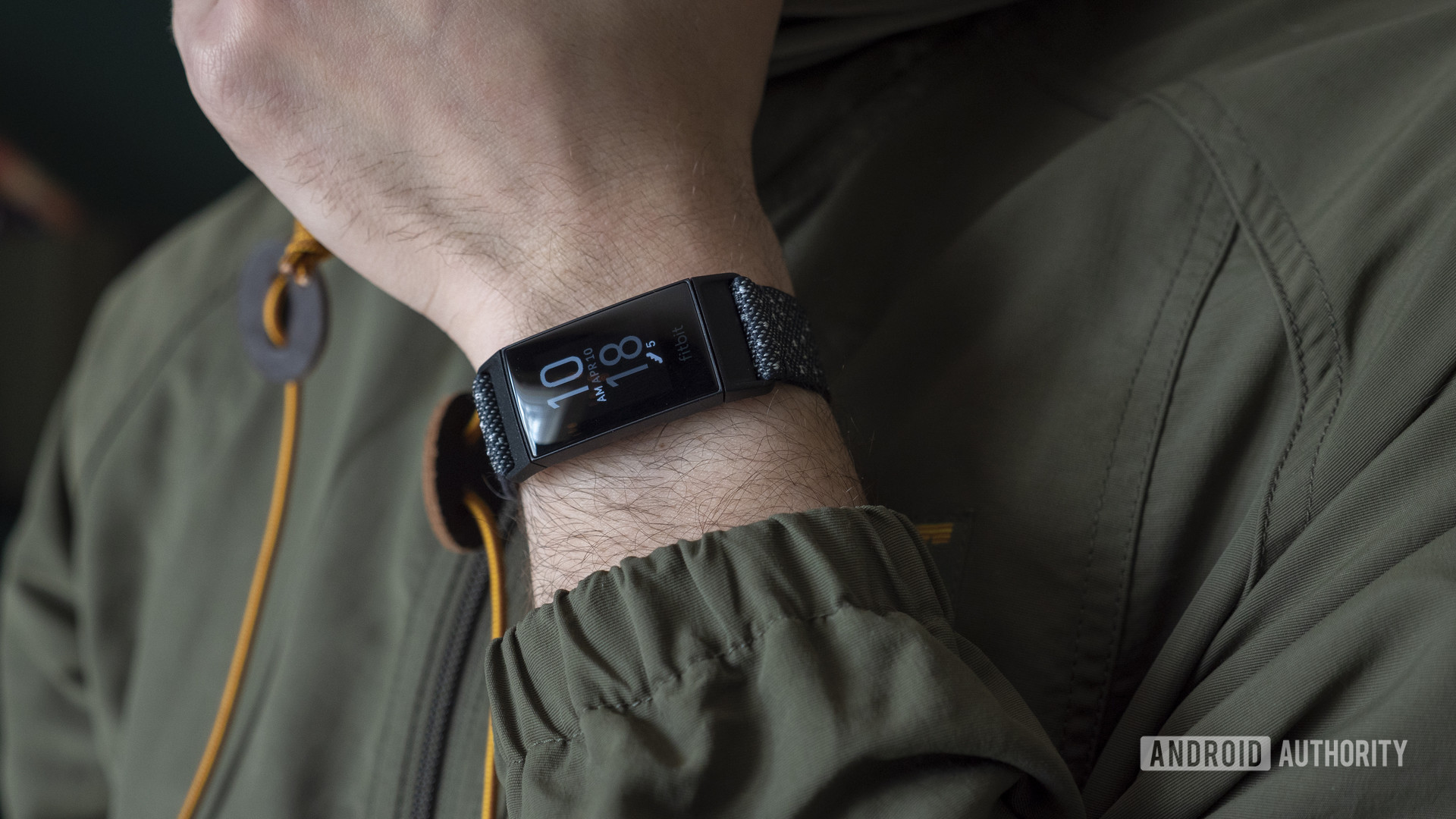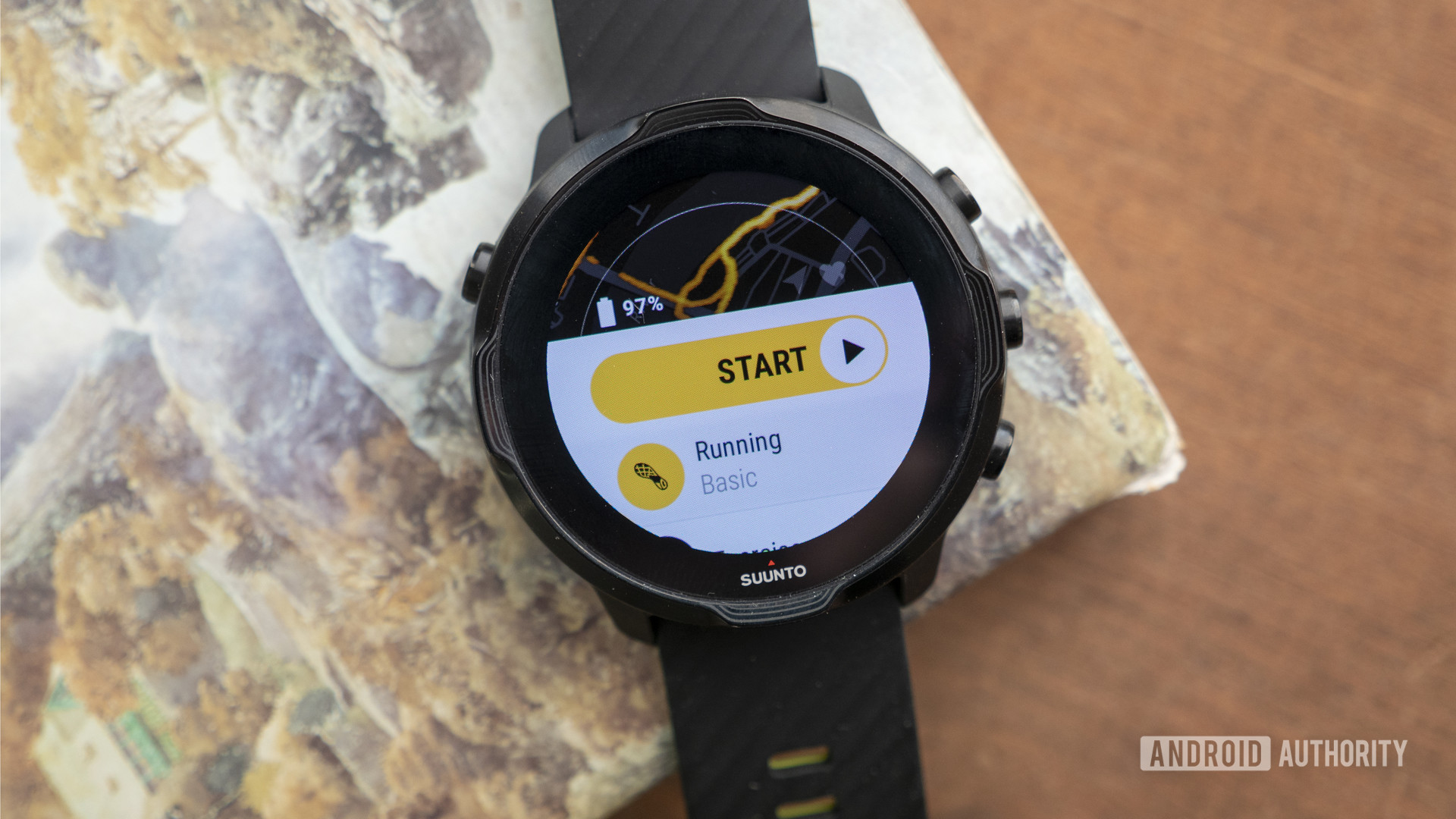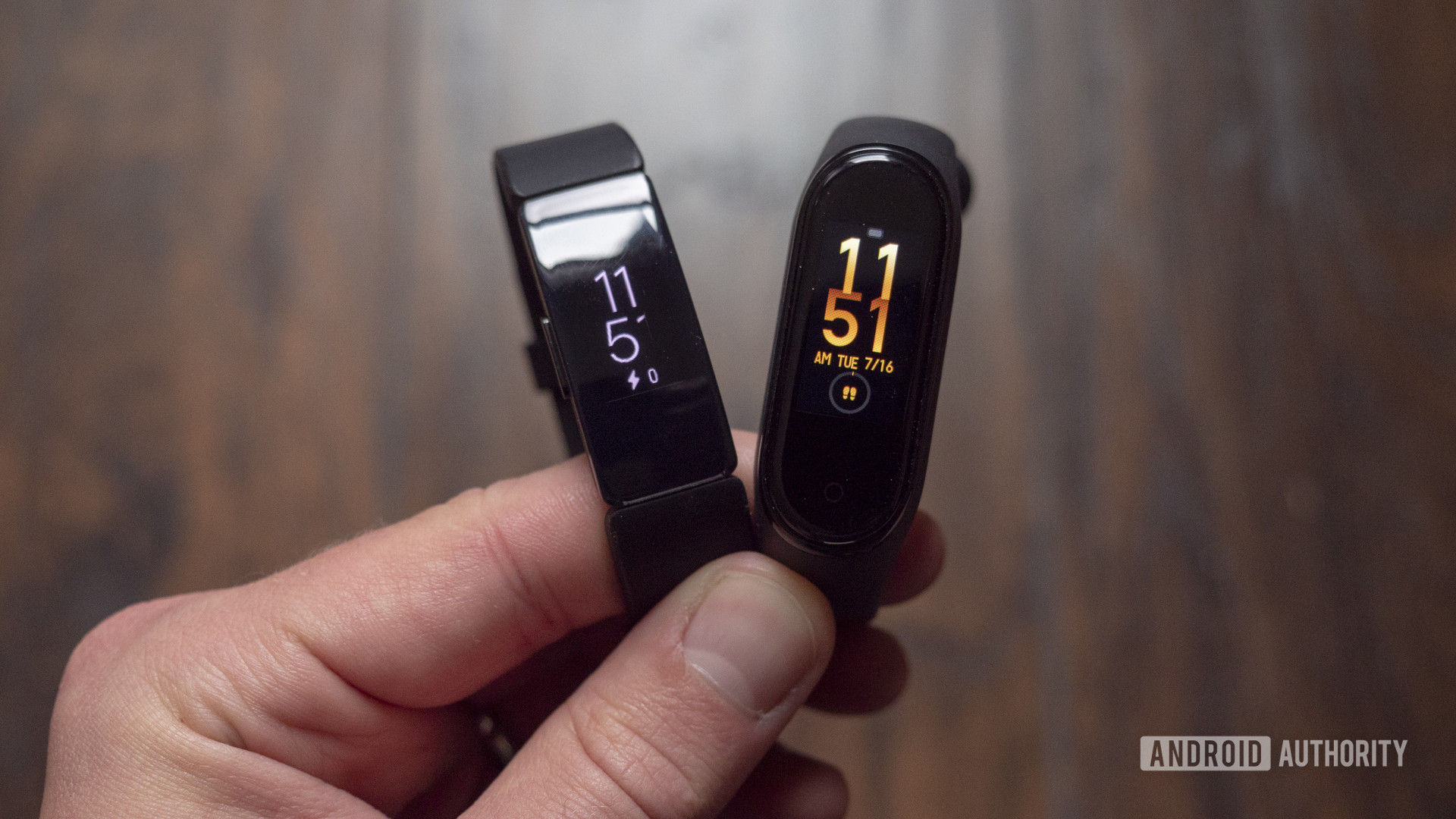
Fitbit wearables are quite versatile â� — they allow you to track exercise, double up as smartwatches, and even track your sleep activity. Speaking of which, Fitbits can track your total time asleep, sleep stages, and even give you a Sleep Score. But what is Fitbit Sleep Score, exactly?
Introduced at the end of last year, this feature gives you an insight into your sleeping habits and the quality of sleep you get every night. If you are not sure how to interpret the data, however, we are here to help. Here is everything you need to know about Fitbit Sleep Score.
Does my tracker have Fitbit Sleep Score?
The first thing you need to know is that not every Fitbit offers Sleep Score. Pretty much all Fitbit trackers have Sleep Stages, but the two features are not the same. Sleep Score gives you more insight into your sleep habits and collects more data through the heart rate monitor and pulse oximeter sensors. This means Sleep Score can only be found on the company’s newer wearables: the Fitbit Versa, Versa 2, Versa Lite, Fitbit Ionic, Inspire HR, and the company’s latest fitness tracker, the Fitbit Charge 4.
The other major difference between Sleep Stages and Sleep Score can be easily spotted in the name â� — Sleep Score gives you an actual score, which ranges from 0 to 100.
What is Fitbit Sleep Score?

So, what do the numbers mean, and what is Fitbit Sleep Score exactly? It is a feature designed to give you a detailed look into your sleeping patterns and help you develop healthier habits. You will find it on your Fitbit smartphone app, right under the step and calorie counters. For it to work, of course, you need to wear your Fitbit tracker to sleep. Once you have done that, the app will generate a report soon after you wake up, usually a couple of minutes later.
In it, you will find how long you slept, how much time you were awake, and how much time you spent in each sleep stage: REM, light, and deep. Your overall score is calculated based on all of these metrics. These are the typical ranges:
- Excellent: 90 to 100
- Good: 80 to 89
- Fair: 60 to 79
- Poor: less than 60
Don’t be alarmed if you don’t typically reach a score of 90 or above. According to Fitbit, most users on average score between 72 and 83. It’s also important to note that a score might not be generated every time. This can occur if your tracker was put on too loosely or if it was in a position that prevented consistent heart rate readings.
Fitbit Sleep Score components and what they mean
![]()
Not all components of Fitbit’s Sleep Score are self-explanatory. If you haven’t researched sleep stages before, you might be a bit lost. We have therefore broken down what each component means.
Time Asleep
This component is pretty self-explanatory. It shows you how much time you were asleep. However, we often wake up during the night even if we don’t realize it or remember it. Fitbit does not include that time into the overall time asleep metric, so don’t be surprised if your bedtime and wake up time don’t exactly match the time asleep period.
Fitbit also allows you to set sleeping goals, a wake-up time, and a bedtime and receive reminders. Seven to eight hours is the ideal time for most adults and reaching it will improve your sleep score and your rest.
Sleep Stages

It’s vital to understand Sleep Stages if you want to improve your sleep. During the night, we alternate between three different sleep stages: REM, light, and deep. Fitbit estimates them using a combination of movement and heart rate. Each stage plays an important role in your overall health, so benchmarking them against the averages for your age group is recommended.
- Light: This is the stage we usually spent the most time in. Light sleep typically starts when we first fall asleep but occurs throughout the night. Studies suggest it promotes both mental and physical recovery.
- Deep: This stage is usually the one we are most relaxed in and often the one responsible for how well rested we feel on the next day. It helps with memory and learning, but it is also believed to support our immune systems.
- REM:Â Dreams typically take place during this sleep stage. It has been proven to play an important role in learning, memory, but also mood regulation.
Estimated Oxygen Variation
Yet another important metric to check is estimated oxygen variation. If your wearable has a pulse oximeter, a table with this data will appear under the “Time spent in each sleep stage� chart. Your Fitbit tracks the saturation of oxygen in your blood during the night and the chart will report high variations.
Don’t miss: Pulse oximeter: What is it and why does it matter?
This data is very valuable because high blood oxygen variations are considered abnormal and may point to breathing problems. If you consistently get high variations, it might be time to visit your doctor. They might indicate a serious sleep disorder like sleep apnea. We should note, however, that your Fitbit tracker should not be used as a self-diagnosis tool. Always consult a medical professional.
Fitbit Premium sleep features

The premium Fitbit service comes with many perks, sleep features included. It gives you a more detailed score breakdown, an explanation on why it matters, as well as tips on how to improve your sleep. However, the two most important metrics Fitbit Premium gives you access to are Sleeping heart rate and Restlessness.
While both might have pretty self-explanatory names, they can give you a valuable insight into what is giving you sleep troubles. Your sleeping heart rate, for example, should typically be lower than your resting heart rate during the day. If it climbs during your REM sleep stages, it might mean you were having nightmares even if you don’t remember them on the next day. Restlessness, on the other hand, gives you an idea on how much you toss and turn in your sleep. The less you toss and turn, the better your quality of sleep and the more rested you feel on the next day.
Read more: Fitbit Premium: Is it worth it?
Together, these two metrics make up the Restoration score — another Fitbit Premium-exclusive feature. It gives you a better idea on how peaceful your sleep was.
How to improve your Fitbit Sleep Score and your habits

If your results are not the best, you might be asking to how improve your Fitbit Sleep Score and your sleeping habits along with it. The obvious applies. One of the best things you can do is to have a regular sleep schedule and to get at least seven hours of sleep every night. This will have a positive effect on your mood and concentration and improve your score — 50% of the Fitbit Sleep Score is based on time you spend asleep.
The National Sleep Foundation also recommends avoiding afternoon naps, having a relaxing bedtime routine, and exercising regularly. Fitbit, on the other hand, claims that exercising earlier in the day will have a positive effect on your sleep. It also recommends tracking your caffeine intake and using the Relax app to wind down before going to bed.




